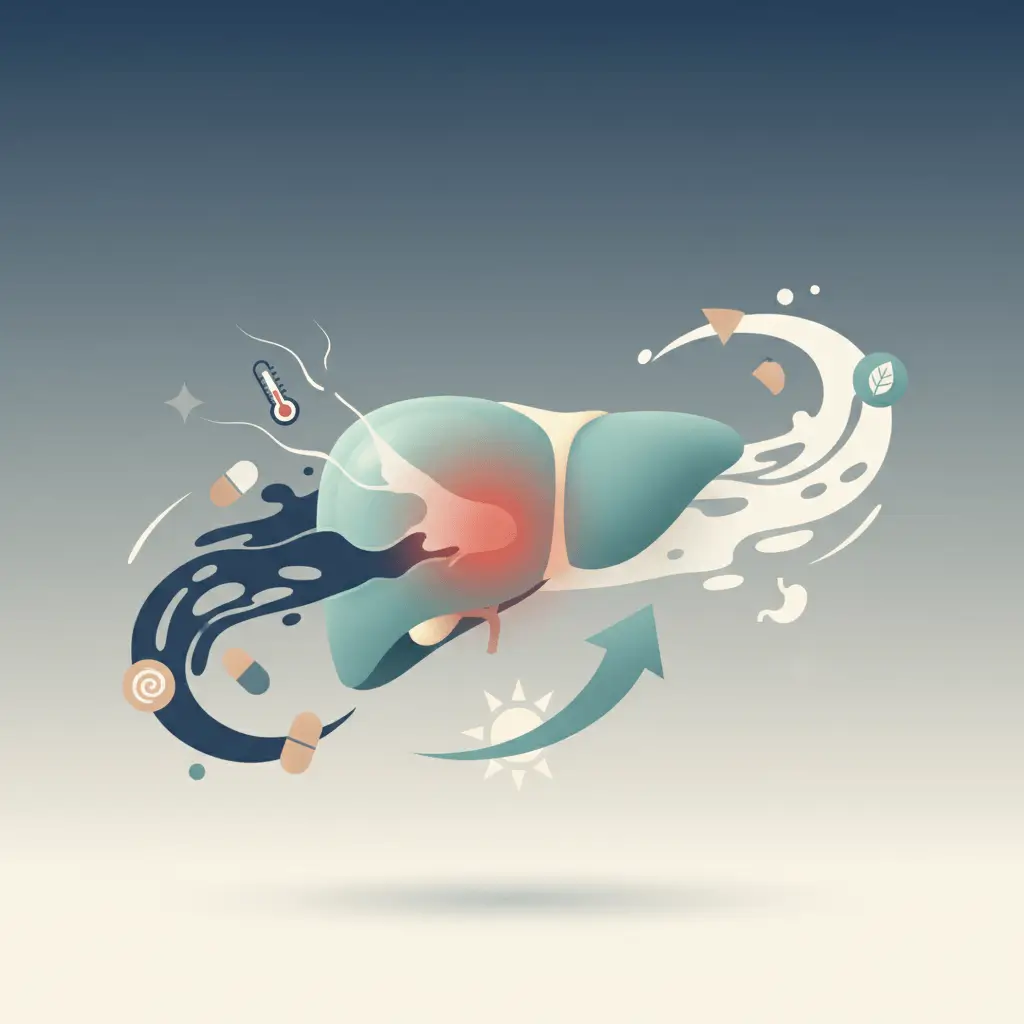Understanding Drug Addiction Rehab
When it comes to addressing drug addiction, rehabilitation plays a crucial role in helping individuals recover and regain control of their lives. Understanding the importance of rehab and exploring different rehab options is essential for those seeking assistance in their journey to recovery.

The Importance of Rehab for Drug Addiction
Rehabilitation is a vital step in overcoming drug addiction. It provides individuals with the necessary tools, support, and guidance to break free from the cycle of substance abuse. Drug addiction is a complex condition that affects both the mind and body, making professional treatment essential.
Rehab offers a structured and supportive environment where individuals can address the underlying causes of their addiction, learn healthier coping mechanisms, and develop strategies for relapse prevention. Through a combination of counseling, therapy, and evidence-based treatments, rehab programs aim to help individuals achieve long-term recovery and improve their overall well-being.
Exploring Different Rehab Options
When considering rehab options for drug addiction, it's important to explore the variety of programs available. While some rehabilitation programs may require financial investment, there are also free rehab programs that can provide much-needed support to individuals who may not have the means to afford traditional rehab services.
Some common types of free rehab programs include:
Rehab Programs and Description
Government-Funded Programs: These programs are funded by government agencies and provide free or low-cost treatment options for individuals in need. They aim to make rehab accessible to those facing financial challenges. T
Non-Profit Organizations: Non-profit organizations and charities often offer free or low-cost rehab services. These organizations may rely on donations and grants to provide treatment options for individuals with limited financial resources.
Faith-Based Programs: Faith-based programs are often run by religious organizations and offer spiritual support alongside addiction treatment. These programs may provide free or low-cost rehab services to individuals seeking assistance.
By exploring these free rehab options, individuals can find the support they need on their path to recovery. It's important to note that the availability and specific offerings of free rehab programs may vary depending on location and funding availability.
Understanding the importance of rehab for drug addiction and exploring different rehab options is an essential step towards finding the right path to recovery. Whether individuals choose a free rehab program or opt for other treatment options, seeking professional help is a crucial part of the healing process.

Free Rehab Programs
For individuals seeking help with drug addiction but facing financial constraints, there are free rehab programs available. These programs aim to provide support and treatment to those in need without the burden of financial obligations. Here, we will explore three common types of free rehab programs: government-funded programs, non-profit organizations, and faith-based programs.
Government-Funded Programs
Government-funded programs for drug addiction rehab are often available at the state or local level. These programs receive financial support from government entities and aim to provide accessible treatment options for individuals who cannot afford private rehab services. The eligibility criteria for these programs may vary depending on the location and the specific program.
Government-funded rehab centers often offer a range of services, including detoxification, counseling, and therapy. They may also provide aftercare support to help individuals maintain their sobriety after completing the program. To find government-funded rehab centers in your area, consider researching local resources or reaching out to helplines and hotlines that specialize in substance abuse.
Non-Profit Organizations
Non-profit organizations play a crucial role in offering free rehab programs for drug addiction. These organizations rely on grants, donations, and community support to provide comprehensive treatment options to individuals in need. Non-profit rehab centers often offer a variety of services, including detox programs, counseling, group therapy, and life skills training.
The eligibility criteria for non-profit rehab programs may vary, but many organizations strive to serve individuals who lack the financial means to access private rehab services. Some non-profit organizations focus on specific populations, such as veterans, women, or adolescents. Researching and reaching out to non-profit drug and alcohol treatment centers in your area can help you explore available resources.
Faith-Based Programs
Faith-based rehab programs incorporate spirituality and religious teachings into their approach to drug addiction treatment. These programs are often offered by religious organizations or affiliated facilities and may provide free or low-cost rehab services. Faith-based programs aim to address not only the physical and psychological aspects of addiction but also the spiritual needs of individuals.
While faith-based programs vary in their specific approach and religious affiliations, they typically provide counseling, support groups, and a structured environment to promote recovery. It's important to note that participation in these programs may require adherence to specific religious beliefs and practices. Exploring faith-based programs in your local community can help you find free rehab options that align with your spiritual beliefs.
When seeking free rehab programs, it's important to consider the specific services offered, the expertise of the staff, and the overall quality of care. While free rehab programs can provide valuable support, it's essential to evaluate the suitability of the program for your unique needs.
Qualifying for Free Rehab
When considering free rehab options for drug addiction, it's important to understand the eligibility criteria, financial considerations, and availability factors that may impact your ability to qualify for these programs.
Eligibility Criteria
Each free rehab program may have its own set of eligibility criteria that individuals must meet to qualify for their services. These criteria can include factors such as age, residency status, income level, and the severity of the addiction. Eligibility criteria may vary depending on the specific program and the resources available in your area. To determine if you meet the eligibility requirements for a particular program, it is advisable to contact the program directly or visit their website for detailed information.
Financial Considerations
One of the key factors in qualifying for free rehab is demonstrating financial need. Free rehab programs are typically designed to assist individuals who are unable to afford the cost of private or luxury rehab facilities. Financial considerations may take into account factors such as income, assets, insurance coverage, and overall financial hardship. Some programs may require individuals to provide proof of their financial situation, such as tax returns or income statements. It's important to note that the specific financial requirements may vary depending on the program and the resources available.
Availability and Waiting Lists
Free rehab programs often have limited resources and may operate on a first-come, first-served basis. Due to the high demand for these services, there may be waiting lists for admission into the program. The availability of free rehab slots can vary depending on the location and the specific program. It's recommended to contact the program directly to inquire about their availability, waiting lists, and any other requirements for admission. Additionally, it's worth exploring other options such as government-funded rehab centers, non-profit drug and alcohol treatment centers, and free rehab clinics that may offer similar services.
Understanding the qualifying factors for free rehab programs is essential in order to make informed decisions and access the appropriate resources for drug addiction treatment. By researching local resources, seeking referrals and recommendations, and reaching out to helplines and hotlines, individuals can gather the necessary information to navigate the path towards recovery.
Pros and Cons of Free Rehab
When considering free rehab options for drug addiction, it's important to weigh the potential benefits and limitations that come with these programs. While free rehab can provide crucial support and resources for individuals seeking recovery, there are factors to consider before making a decision.
Benefits of Free Rehab
1. Accessibility: One of the most significant advantages of free rehab programs is their accessibility. These programs are designed to cater to individuals who may not have the financial means to afford private rehab facilities. By removing the barrier of cost, free rehab programs ensure that help is available to those who need it the most.
2. Professional Support: Free rehab programs often have experienced and dedicated professionals who are committed to helping individuals overcome addiction. These professionals may include counselors, therapists, and medical staff who provide guidance, therapy, and medical support throughout the recovery process.
3. Peer Support: Participating in a free rehab program allows individuals to connect with others who are going through similar experiences. This sense of community and peer support can be invaluable during the recovery journey. Sharing experiences, exchanging advice, and providing emotional support can contribute to a sense of belonging and motivation for individuals in free rehab programs.
4. Holistic Approach: Many free rehab programs adopt a holistic approach to addiction treatment. This means that they address not only the physical aspects of addiction but also the psychological, emotional, and social factors that contribute to substance abuse. By taking a comprehensive approach to recovery, individuals have a better chance of achieving long-term sobriety.
Potential Limitations of Free Rehab
1. Limited Resources: Free rehab programs often operate with limited resources. This can result in longer waiting lists for admission or limited availability of certain treatment modalities. Individuals seeking free rehab may need to be patient and flexible in terms of the services and treatment options that are available to them.
2. Less Individualized Treatment: Due to the high demand and limited resources, free rehab programs may not be able to provide the same level of individualized treatment as private facilities. Treatment plans and therapies may be more generalized and less tailored to an individual's specific needs. However, this does not diminish the potential positive impact that free rehab programs can have on recovery.
3. Funding Dependency: Free rehab programs rely on government funding or donations to operate. This dependency on external funding sources can sometimes lead to fluctuations in the availability and quality of services. It's important to be aware that changes in funding or donations may impact the sustainability and continuity of free rehab programs.
4. Varied Program Lengths: Free rehab programs may have varying program lengths and may not offer extended residential treatment options. Some programs may focus on short-term interventions or outpatient services, while others may offer longer-term residential treatment. Individuals should carefully consider their needs and the available options when choosing a free rehab program.
Understanding both the benefits and limitations of free rehab programs is crucial when making decisions about addiction treatment. While these programs can provide valuable support and resources, it's important to assess individual needs and preferences to ensure the best possible path to recovery.
Finding Free Rehab Options
When seeking free rehab options for drug addiction, it's important to explore various avenues to find the resources that best suit your needs. Here are three approaches to help you in your search:
Researching Local Resources
Start by researching local resources that offer free rehab programs for drug addiction. Local government agencies, community health centers, and non-profit organizations often provide information about available services. Visit their websites or contact them directly to inquire about free rehab options in your area.
Keep in mind that the availability of free rehab programs may vary depending on your location. Some regions may have more options than others. By researching local resources, you can identify the programs and facilities that align with your needs and financial situation.
Seeking Referrals and Recommendations
Another effective way to find free rehab options is by seeking referrals and recommendations from people who have experience or knowledge in the field of addiction treatment. Reach out to healthcare professionals, counselors, or therapists who specialize in addiction recovery. They can provide valuable insights and direct you to government-funded rehab centers, non-profit drug and alcohol treatment centers, or free rehab clinics. This can help you discover hidden gems that may not be widely known.
Additionally, consider joining support groups or online communities dedicated to addiction recovery. These groups often have members who have successfully gone through free rehab programs and can share their experiences and recommendations. Their firsthand knowledge can be invaluable in guiding you towards the right resources.
Reaching Out to Helplines and Hotlines
Helplines and hotlines are excellent resources when seeking free rehab options for drug addiction. Many organizations offer confidential and toll-free helplines staffed by trained professionals who can provide information and guidance. They can assist you in finding local programs, discussing eligibility criteria, and answering any questions you may have.
Utilize these helplines to gain a better understanding of the available resources and to help you navigate the process of finding free rehab options. They can also provide information on free detox programs, which are often the initial step in addiction recovery.
By researching local resources, seeking referrals, and reaching out to helplines, you can uncover a wealth of information about free rehab options for drug addiction. Remember to be persistent and proactive in your search, as the right program may require some effort to find. With determination and the support of these resources, you can embark on the path to healing and recovery.
Sources
Rehab Spot: The Benefits Of Rehab
American Addiction Centers: Types of Rehab for Drug and Alcohol Addiction
American Addiction Centers: Free Drug & Alcohol Rehab Centers













